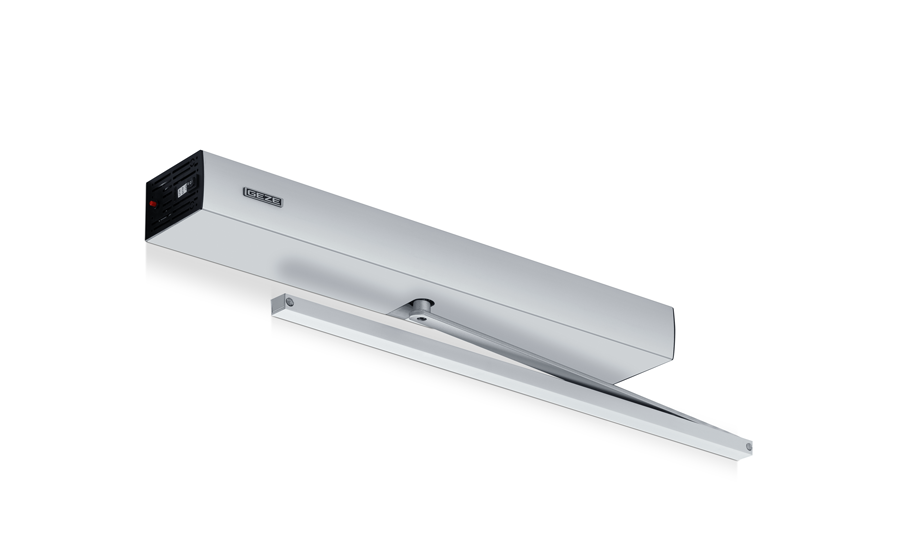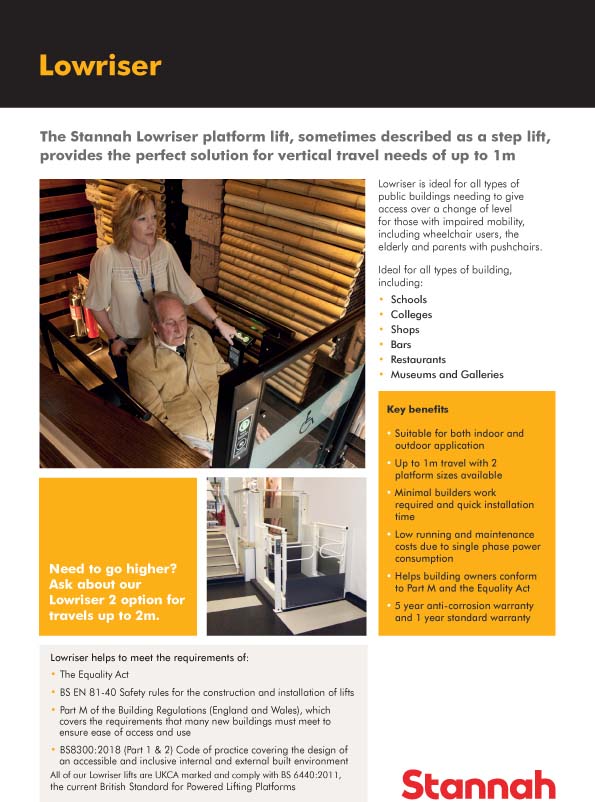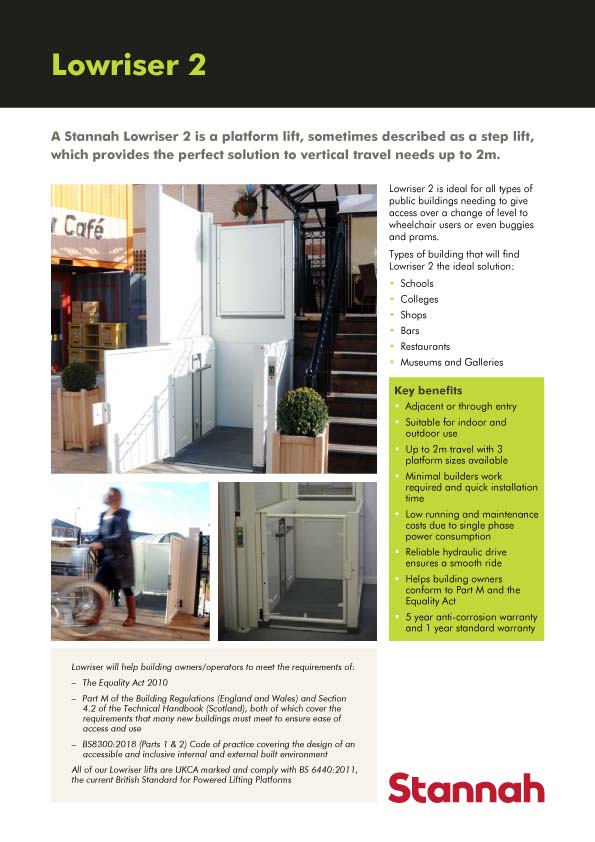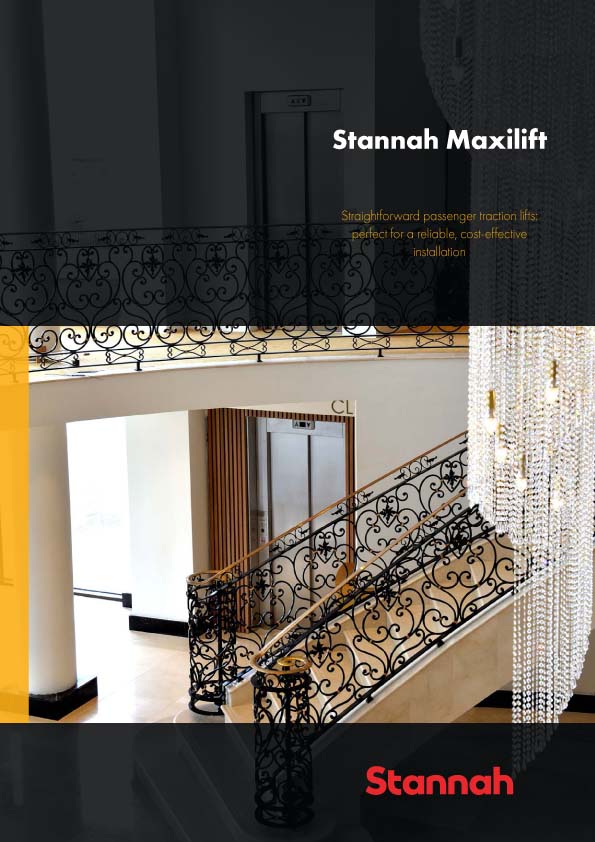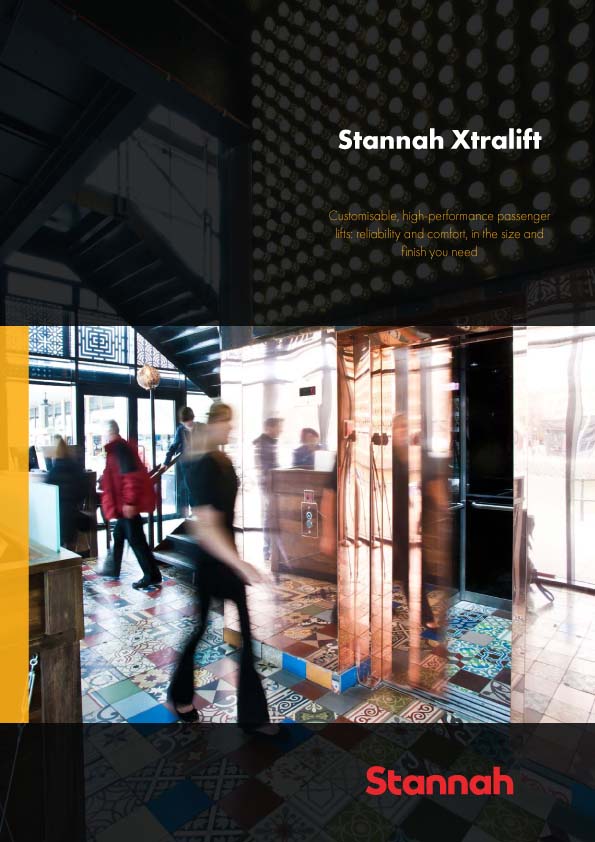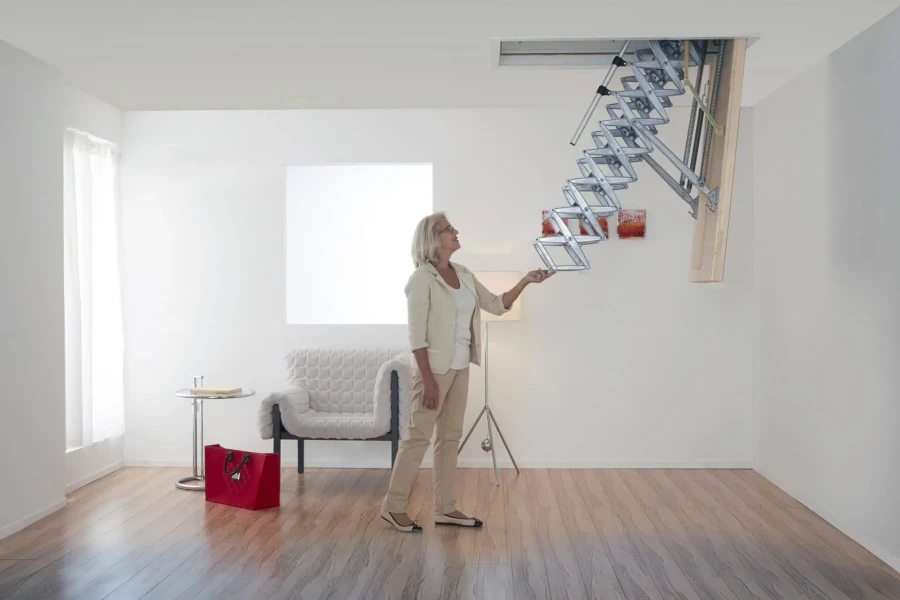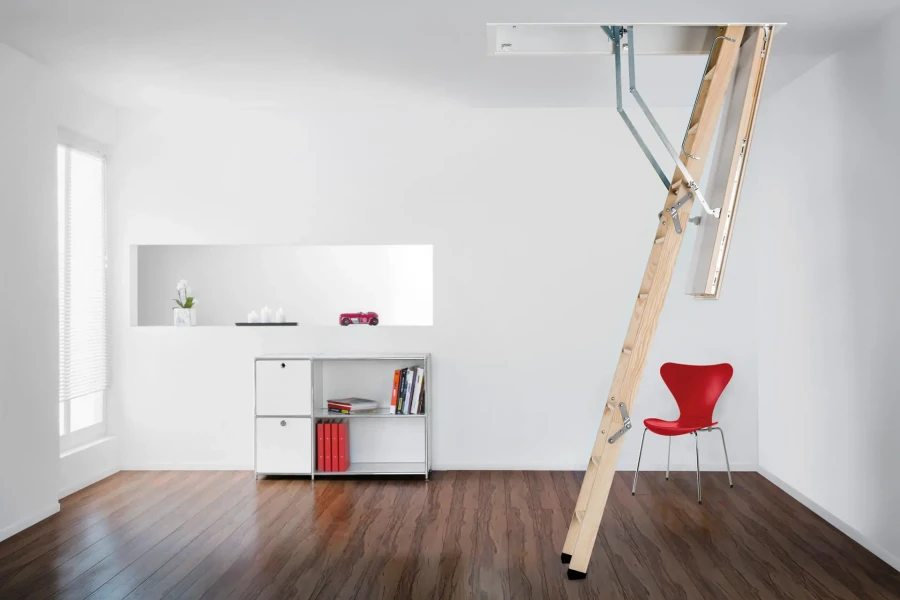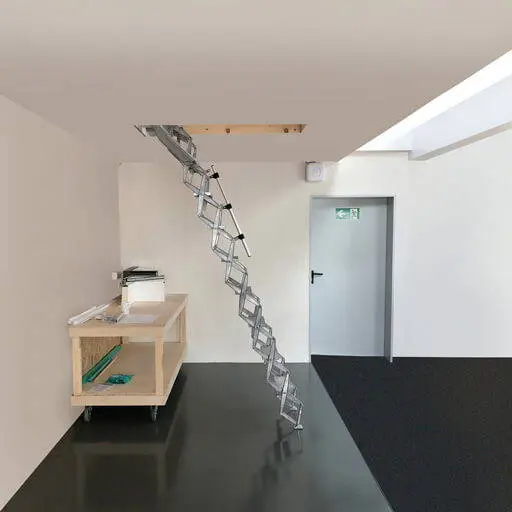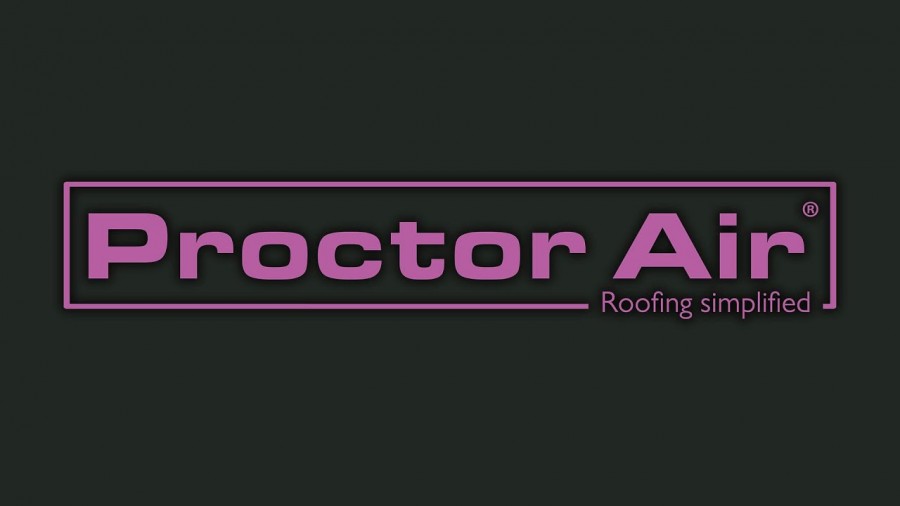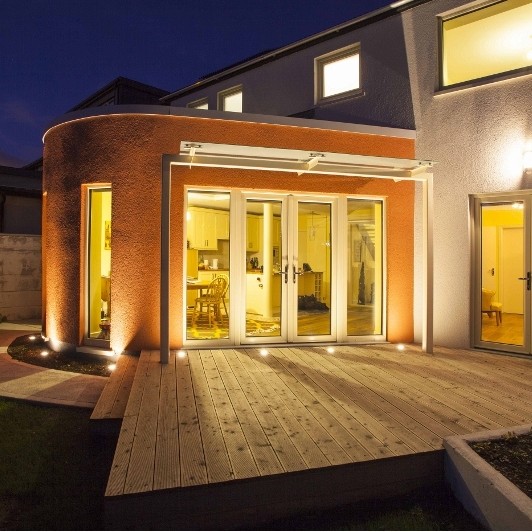
Natural Building Technologies’ (NBT) Pavawall system has been used in Ireland’s first certified EnerPHit house.
The 1950s semi-detached house in Monkstown, County Dublin, was extended to Passive House standard and retrofitted to meet the challenging EnerPHit guidelines, which is the Passive House Institute’s retrofit standard.
Pavawall was specified for the Passive House Standard timber frame extension of the building by Joseph Little Architects, on behalf of homeowner Pauline Conway. They wanted the refurbishment and extension, which increased the floor area of the house by one-third, to set a replicable example of best practice energy conservation that also promotes health, ventilation, water conservation and low carbon construction. The building is Ireland’s first and the world’s fifth EnerPHit standard project.
The EnerPHit standard was created by the Passive House Institute of Germany to encourage accredited retrofit projects, due to the difficulty of meeting the full Passive House Standard in retrofitting existing buildings. Principally the space heating demand and airtightness target values are slightly relaxed.
Pauline Conway commented on the project: “I grew up in a remote part of rural Ireland, in a house without piped water, and later experienced the effects of climate change firsthand when I witnessed recurrent droughts during the 13 years that I spent working in African countries. I wanted the retrofit and extension of my home to compensate in some small way for the effects of climate change and act as an example for the future.”
The Pavawall system comprises an 80mm thick layer of NBT’s high performance woodfibre boards installed on the outside of the 220mm deep FSC-certified timber frame extension, with cellulose insulation filling the space between the timber studs. The woodfibre boards feature tongue and groove edges to enhance workability, and the wind and airtightness of the walls.
Internally, the Pavawall system is completed by the installation of 18mm OSB-3 racking boards on the internal face of the timber frame, through which the cellulose is blown. The joints of the racking boards are then sealed with proprietary tapes to ensure airtightness. Internally an insulated services zone is created with battens, filled with sheepwool and finished in plasterboard. Externally, the system is completed with a breathable mineral render applied directly to the woodfibre boards. The Pavawall system delivers a u-value of 0.12W/m2K.
The breathability of the NBT system used in the construction means that the structure of the home self regulates moisture levels, minimising the risk of interstitial condensation, and thereby protecting both the integrity of the building fabric and the health of residents. In addition, the thermal mass of the Pavawall system means that the property will benefit from effective protection against summertime overheating. The Pavawall system avoids the use of ventilated rainscreens, made up of outer leafs of brick or rendered block with associated higher carbon impact, larger foundations, attendant fixings, cavity closers and expansion joints.









